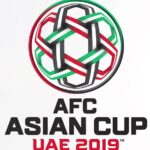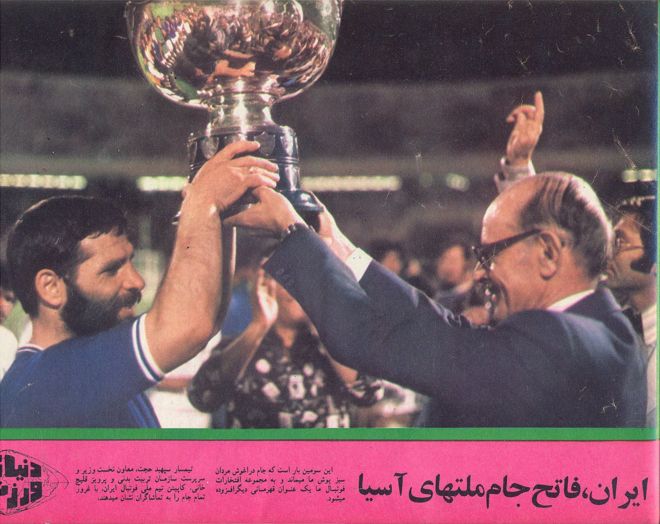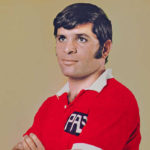Recently there have been some reports, possibly leaked to the media by FFIRI, about Iran requesting the hosting of AFC Asian Cup 2027. This suggestion has been carried by many media and sports publications. The is article discusses whether this possibility is realistic or just another gag to entertain the Iranian fans under the lockdown of COVID-19.
For a starter, news, or rumors of FFIRI application for Iran to host the AFC Asian Cup 2027 has been met by a wave of criticism from football fans and critics mainly targeting the Iranian federation’s action. This comes at a time when the Asian Football’s most prestigious event (AFC Asian Cup) requires major resources and infrastructure while Iran’s football, in general, is in the midst of a major crisis that is unparalleled in the country and will probably take years to recover.
* Hosting under current infrastructure?
At first glance, attention needs to be drawn to stadiums with FIFA standards, which are not available in Iran, as Sheikh Salman, the AFC president, recently announced that to host the event, which will be 24 teams tournament, eight to ten stadiums will be required. Despite the construction of stadiums such as Imam Reza, Shohadaye Foolad and Naghshe Jehan, etc., Iran is still miles away from such a standard required for hosting.
* Logistics and accommodation
The important issues are those related to the transportation, logistics, accommodation, and marketing in such competitions, which require high fortitude and cooperation of government agencies and cannot be done by an organization such as the Football Federation or the Ministry of Sports. A look at the list of requirements for each country to hold this event shows that Iran has not had a history of holding major events since 1976, that is 44 years ago when the competition had 8 teams and most matches were played in the state-of-the-art newly built Arayamehr Stadium.
The current sporting infrastructure has not developed efficiently since the revolution. War, Political environment, priorities, sanctions, and most importantly financial resources were poorly allocated for sports venues. Unless one believes in a miracle, it is really difficult to envisage all the factors merging towards achieving the target of 10 stadia by 2027
* Poor facilities of host cities.
Of course, there will be other Iranian cities that will host the group matches. Not all efforts and resources would be channeled towards hosting in Tehran only. In the current state, there are many problems in terms of transportation, logistics, and sports infrastructure, across the main cities in Iran. Although some cities have good facilities such as Mashhad which has an international airport and modern subway system, it lacks a proper FIFA Standard stadium while other options such as Esfahan has a good stadium that can easily host matches, but their transportation facilities and accommodations lag behind.
The most vital of the facilities, accommodation is a problem in other cities as well. The lack of 5-star hotels in some cities, as well as the difficulties of obtaining customs and visa permits, and finally the ban on women’s presence in the stadiums culminate in a poor chance of hosting.
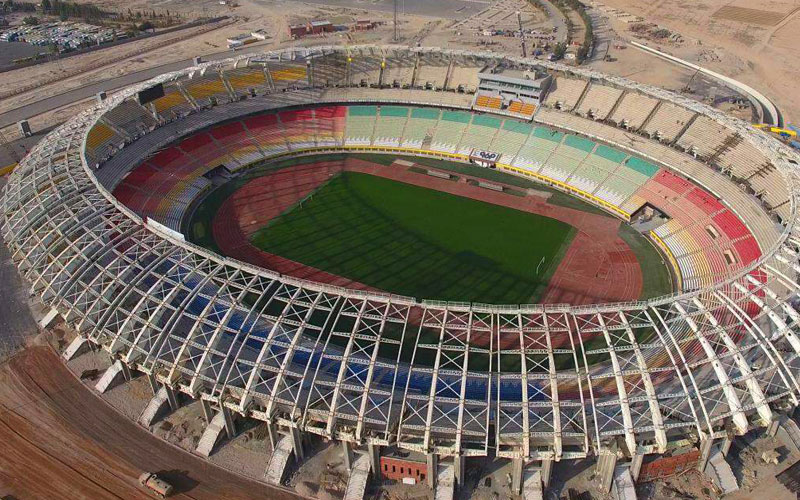
* Advertising revenues and copyright laws.
In a strange system, in Iran, the broadcaster never pays the football federation. In fact, IRIB the government-owned broadcaster and the only authorized TV and Radio broadcaster had the audacity to claim that it should be the other way round as IRIB is doing football a favor by broadcasting matches!
In Iran, there is no Copyright laws either, at least not the way it is recognized and practiced internationally. Clubs or the federation cannot claim nor count on revenues from companies who commercially use logos or other materials to sell their products. Therefore there are no official kits or jerseys by the clubs because cheaper products can be sold alongside genuine products without the protection or respect of copyrights.
While, the case of advertising revenues can be easily sorted out for the Asian Cup tournament, as the AFC has a solid and well laid down contractual clause that is legally binding, the copyright laws is well outside the football federation’s jurisdiction and AFC has no role to play in it. Copyright protection requires the government to initiate and produce legislation. It has to be passed as a law. Then the suggested copyright law clauses need to be approved by the Majlis (parliament) and that in itself is not an easy task. The judiciary also needs to be on board and prosecute the offenders. Different government within governments like Pasdaran, Sepah, and the religious establishment will always have their own rules and understanding of any law. In brief, it is not an easy task to create copyright laws in Iran, where chaotic political-religious system rules supreme.
Several attempts of the establishment of this law have failed, and it is unlikely that such laws will be established by 2027 or before.
* Financial and executive crisis in the Football Federation.
Iran’s request for hosting the Asian Cup will be looked upon in association with the integrity, strength, legitimacy, and competency of the persons running the football federation. At the moment, FFIRI is in crisis and facing sanctions by FIFA for many issues but mainly due to government interference. With such shady administration, it is unlikely that many will vote for Iran while the administrators are busy saving their own skins.
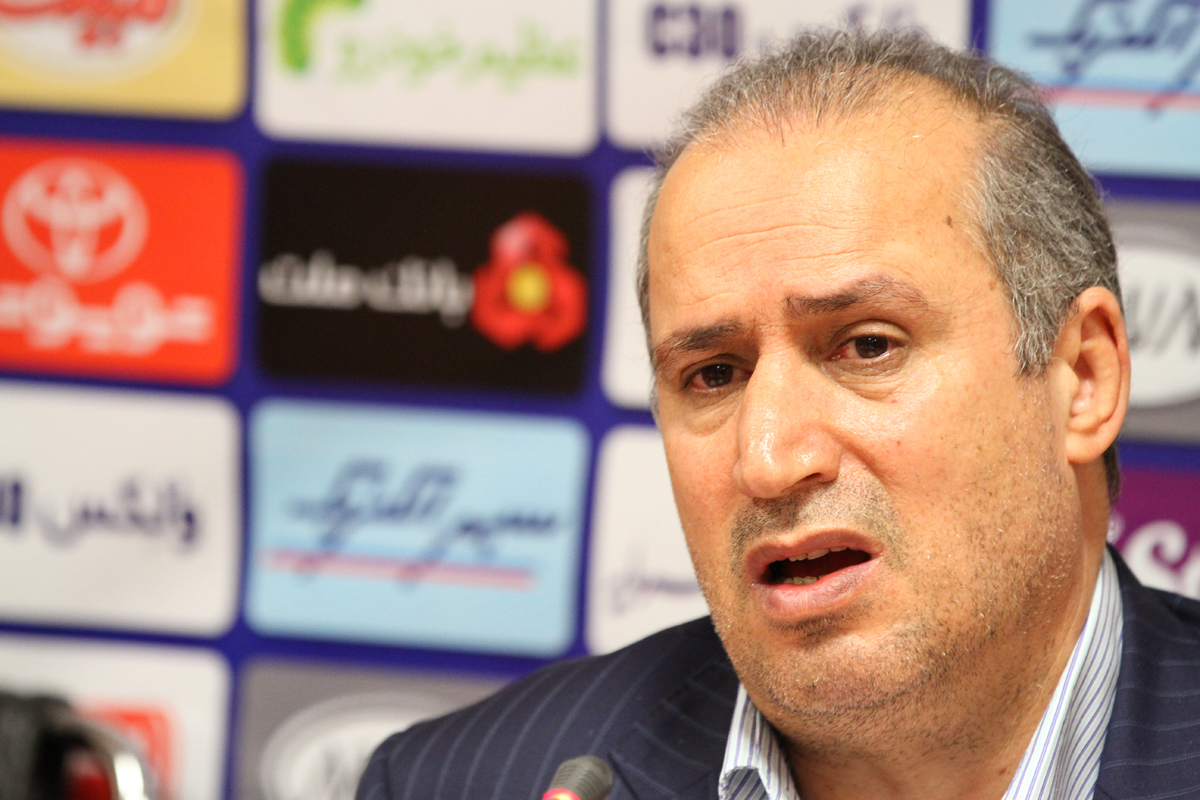
in 2014, UAE won the hosting of the 2019 Asian Cup instead of Iran. The UAE, met the conditions and the requirements to host the event and was able to prepare for the competition in four years. It has a well-established copyright law that is strictly implemented. There are plenty of international airports that are served by hundreds of airlines, it had the ideal infrastructure, hotels, stadia, perfect road system, Trams(Dubai), and resources, so it was a no brainer for it to be chosen as hosts.
How is Iran compared now? will it have the chance this time with competition from Saudi Arabia and India?
Given the country’s economic situation and existing sanctions, the efforts required to establish or amend laws like copyright, intellectual property protection, women in the stadium, and the resources required to massively upgrade the stadiums in Tehran and other Iranian cities, the answer is a categorical NO.
There are far too many problems and issues for Iran’s hosting of major sporting events in the magnitude of the Asian Cup. Any such attempt by FFIRI to send the hosting file to AFC as a candidate for AFC Asian Cup 2027 will only be an embarrassment for Iran while it may serve as a propaganda tool for the current FFIRI administrators.

